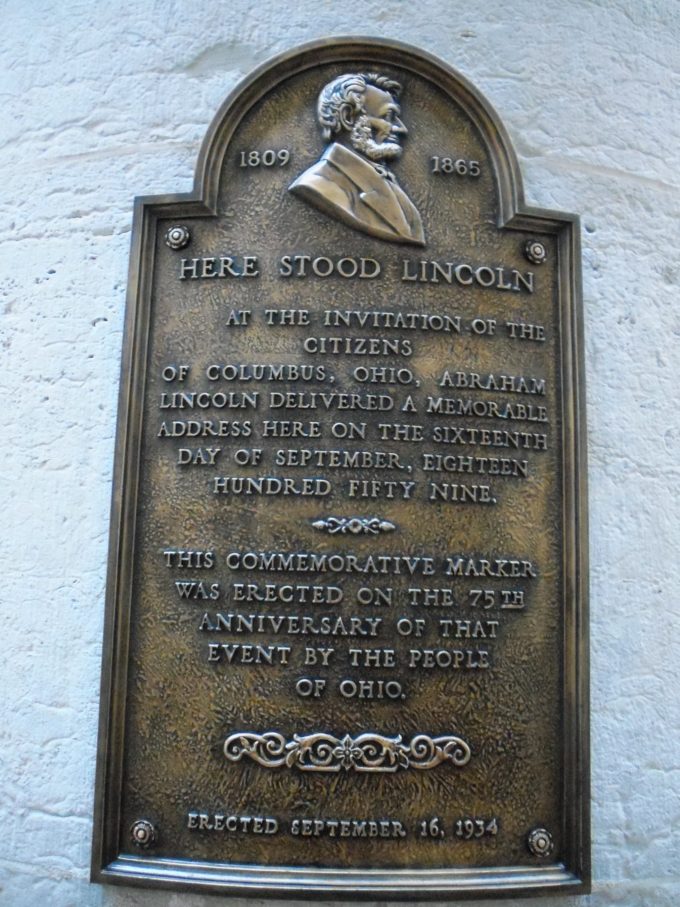
Thursday, 23 January 2020
… for prophecy never came by the will of man, but holy men of God spoke as they were moved by the Holy Spirit. 2 Peter 1:21
Peter now twice uses the same word that he used in verses 1:17 & 1:18, both of which should have been translated as “borne.” In this case, pherō was translated as both “came” and “moved.” Here, that should follow suit. The reason for this is, as was noted, the Holy Spirit was being referred to. The voice was “borne” to Christ from the Excellent Glory (verse 1:17), and the voice was “borne” from heaven, when they were with him on the holy mountain (verse 1:18).
To be consistent in translation here will then help the reader see what is on Peter’s mind as he more literally says, “…for not at any time was prophecy borne by the will of man.” Obviously, Peter is speaking of true prophecy. If it is true, the Source is from God, and the Holy Spirit is the member of the Godhead by which it is brought forth.
Paul alludes to this in Ephesians 6 when he says, “And take the helmet of salvation, and the sword of the Spirit, which is the word of God.” He also refers to this process in 2 Timothy 3:16, 17 when he says that “All Scripture is given by inspiration of God, and is profitable for doctrine, for reproof, for correction, for instruction in righteousness, 17 that the man of God may be complete, thoroughly equipped for every good work.”
God inspired these “holy men of God” in a unique process which is not fully understood. It should be noted that many manuscripts leave off the word “holy” here, simply saying “men of God.” Despite this minor change, these men were chosen by God and were used to convey to us the words that He intended for us to know His will in the stream of human existence. In order to do this through them, it says, “but holy men of God spoke as they were moved by the Holy Spirit.”
Again, a literal translation will better help understand Peter’s words. It says, “but by Spirit Holy being borne, spoke from God, men.” The origin of the words is God. The third member of the Godhead is the One by which the words are borne, and the men then speak those same words of God. It is an incredible thing to consider.
Though not being fully understood how this occurred, logical assumptions can be made concerning it. The men of God weren’t inspired like artists or poets might be – as if their ideas came from an internal thought process. But at the same time, they weren’t completely controlled in the process either.
A pen or typewriter has no active part in the compilation of a book, but the prophets of the Bible did. Instead of being completely in control of the process, or being completely controlled by the process, the Holy Spirit bore these men along using their individual vocabulary styles, background knowledge, and even personalities. This was a divine process which resulted in exactly what God intended, despite having the unique traits of these men. This is the reason that we can tell differences in authors’ styles and yet see God’s handiwork in each word, sentence, paragraph, page, and book of the Bible.
As an example, if someone plays the guitar, Eddie Van Halen for example, his personal style shows through. Anyone familiar with how he plays will say, “Hey, that’s Eddie Van Halen…” And yet, he may be playing a tune composed by Beethoven. If you’re also familiar with Beethoven’s style of writing, without ever hearing the song before, you could say, “Hey, Eddie Van Halen is playing a tune composed by Beethoven!” Imagine now an entire orchestra playing this music.
Each person’s instrument and his individual style comes through, and is entirely unique. But at the same time, these people were all inspired by the same great master – Beethoven. Divine inspiration does not negate individual style. Rather, it takes it into account and these men of God were moved in a way which reveals that “Every word of God is pure” (Proverbs 30:5).
Life application: We can have complete assurance that the Bible is God’s perfect revelation to mankind. It is for this reason, as confirmed by Jesus’ own words, that we cannot dismiss any part of the Bible. The Bible is a unified whole. It is authoritative in all it proclaims, teaches, and expects for the conduct of our lives.
Heavenly Father, may we never arrogantly assume that we can dismiss parts of the Bible we disagree with. Give us the wisdom to understand that You are the divine Source of all Scripture and that Your Holy Spirit actively ensured that we have in its pages exactly what we need in order to properly live our lives. Amen.




